Amie D. Brooks, Pharm.D., FCCP, BCACP (Director)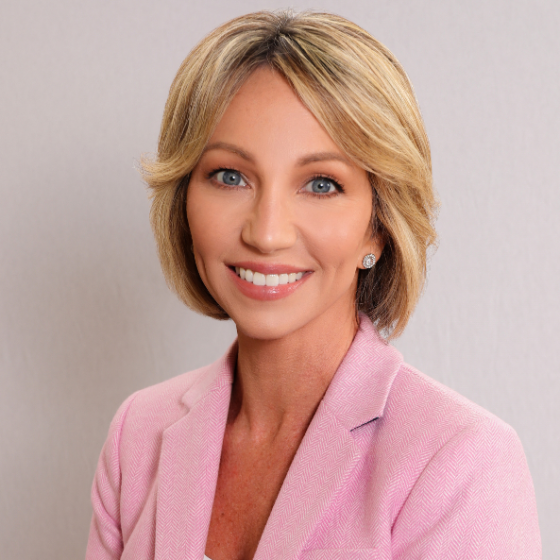 Amie D. Brooks, Pharm.D., FCCP, BCACP is the Director of Strategic Initiatives for the American College of Clinical Pharmacy (ACCP). In this role, she is responsible for developing, communicating, and executing ACCP strategic plan initiatives focused on developing, advancing, and positioning clinical pharmacists to contribute to patient care. Prior to joining ACCP staff in 2019, Dr. Brooks was a long-time member, practicing in ambulatory care clinical pharmacy and serving as a faculty member and academic administrator. In 2021 Dr. Brooks earned a certificate in Diversity, Equity, and Inclusion in the Workplace through the University of South Florida. She is board certified in ambulatory care pharmacy and is a fellow of ACCP. |
Omolola A. Adeoye-Olatunde, Pharm.D. Dr. Omolola (Lola) Adeoye-Olatunde is an Assistant Professor of Pharmacy Practice at Purdue University College of Pharmacy, Center for Health Equity and Innovation. She initially sparked an interest in health equity while working as a pharmacy technician at her father’s innovative independently owned community pharmacy. Dr. Adeoye-Olatunde’s research continues to advance health equity through investigating drivers of effective and equitable implementation and provision of community-based health services among populations disproportionately affected by health inequities. She applies theory-driven, implementation science, community-engaged and practice-based research approaches to her work. Funded by organizations such as the National Institutes of Health (NIH), National Association of Chain Drug Stores (NACDS) Foundation, and the Indiana Department of Health, Dr. Adeoye-Olatunde works alongside communities and community-based organizations across the country and globally to co-create and evaluate approaches focused on addressing inequities in under-resourced communities by meeting them right where they are at. These approaches are contextualized by the unique needs, values and culture of each community to improve public health and inform health policy. Dr. Adeoye-Olatunde is fervently committed to making real change in health service design, delivery, and policy to mitigate and eliminate health inequities. Her award-winning work in this space has been recognized locally and nationally, including the Bowl of Hygeia Award for her outstanding record of civic leadership in the communities she serves, selection as a NIH-National Institute on Minority Health and Health Disparities (NIMHD) Health Disparities Research Institute Scholar and a Purdue University Societal Impact Fellow Award for her demonstrated societal impact in the real world beyond academia. Her research has been featured in local and international media outlets, including the Indiana Clinical and Translational Sciences Institute (CTSI) News and The Conversation. Dr. Adeoye-Olatunde earned her PharmD from MCPHS University in 2016 before completing a PGY1 community-based residency at Kroger Pharmacy followed by a MS in Health Services, Outcomes, and Policy and a Community Practice Research Fellowship at Purdue University in 2020. |
Kaitlyn M. Bader, Pharm.D.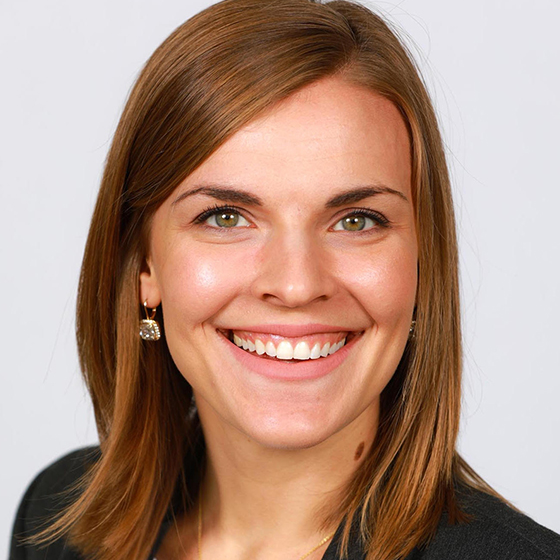 Dr. Kaity Bader received her Doctor of Pharmacy degree from South Dakota State University and completed two years of residency at the University of Minnesota as a Pharmaceutical Care Leadership Resident with an emphasis on leadership, academia and ambulatory care. During her residency, she developed a comprehensive medication management (CMM) practice at an independent clinic within the Fairview Physician Associates network. Currently, Dr. Bader works for M Health Fairview as a Medication Therapy Management pharmacist providing CMM in River Falls, WI at a primary care clinic where she developed another new practice site in 2019. Additionally, Dr. Bader has been a learning coach for the Alliance for Integrated Medication Management (AIMM) where she supports a variety of health systems in beginning or advancing their CMM programs through a quality improvement framework. Dr. Bader continues to guest lecture at the University of Minnesota College of Pharmacy. She is passionate about educating students, pharmacists, providers and other care team members on building new CMM programs and expanding current pharmacist clinical services in the ambulatory care setting. |
Melissa Badowski, Pharm.D., MPH, FCCP, BCIDP, BCPS, AAHIVP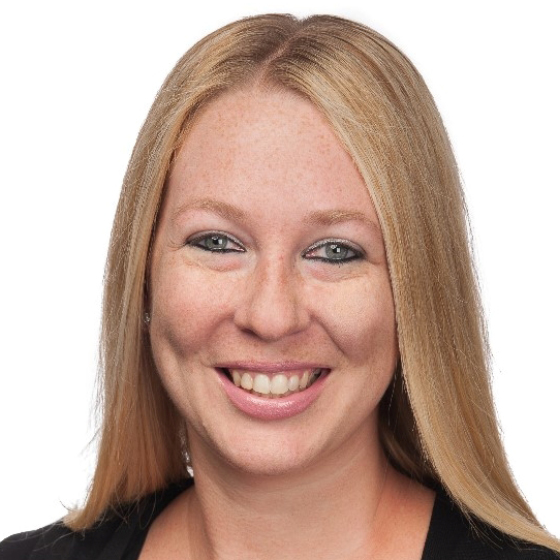 Dr. Badowski received her pharmacy degree from Midwestern University, in Downers Grove, Illinois and her Masters in Public Health from the University of Illinois at Chicago School of Public Health. She completed her residencies at the University of Maryland Medical Center and the University of Maryland College of Pharmacy in Baltimore, Maryland. Dr. Badowski currently practices at the University of Illinois at Chicago, College of Pharmacy. She manages patients with HIV in the Illinois Department of Corrections through telemedicine services. She also practices in a University-based infectious diseases clinic. Her specialties and research interests include HIV, Infectious Diseases, and viral hepatitis. |
Jon Easter
Jon Easter joined the UNC Eshelman School of Pharmacy in 2016 as a Professor of the Practice and Director of the Center for Medication Optimization. Currently, Jon directs the U.S. Healthcare and Health Policy and Managed Care courses and leads practice advancement activities at the School. He also serves as an Associate Faculty Director at the UNC Center for the Business of Health. Jon previously spent 19 years at GlaxoSmithKline (GSK), where he led a health policy team focused on quality measurement and medication management policy development. Jon has a B.S. in Pharmacy from the University of Georgia and is a registered pharmacist. |
Keri D. Hager, Pharm.D., BCACP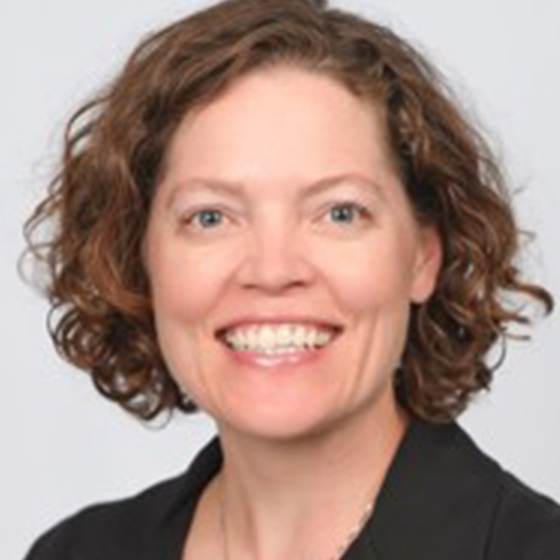 Keri Hager, Pharm.D., BCACP is an Associate Professor at the University of Minnesota (UMN) where she focuses on preparing the future workforce for collaborative team-based patient-centered primary care. Dr. Hager teaching pharmaceutical care and facilitates several UMN core interprofessional activities from introductory learners through to post-graduate level learners. Her current focus is on team collaboration in the primary care clinical learning environment to improve mental health and substance use disorder (SUD) outcomes through bridging primary care, mental health, and SUD treatment services. Dr. Hager is currently developing an interprofessional practice connecting patients with SUDs, particularly opioid use disorder, with comprehensive medication management and primary care. Keri Hager, Pharm.D., BCACP is an Associate Professor at the University of Minnesota (UMN) where she focuses on preparing the future workforce for collaborative team-based patient-centered primary care. Dr. Hager teaching pharmaceutical care and facilitates several UMN core interprofessional activities from introductory learners through to post-graduate level learners. Her current focus is on team collaboration in the primary care clinical learning environment to improve mental health and substance use disorder (SUD) outcomes through bridging primary care, mental health, and SUD treatment services. Dr. Hager is currently developing an interprofessional practice connecting patients with SUDs, particularly opioid use disorder, with comprehensive medication management and primary care. |
Paul T. Kelly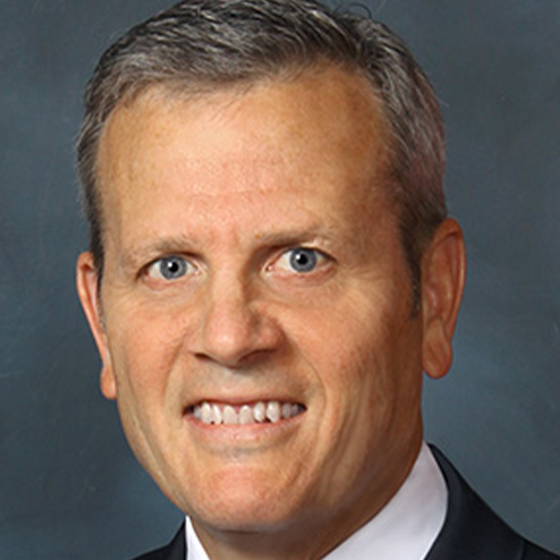 Paul T. Kelly is President and Founder of Capitol Advocacy & Government Affairs, LLC, a bipartisan government relations firm in Washington, D.C. specializing in healthcare and business issues. With over 30 years working in Washington, he is credited with numerous legislative and regulatory achievements on behalf of Fortune 500 companies and others he’s represented. He has worked on health, pharmacy and business issues on behalf of the National Association of Chain Drug Stores, the Retail Industry Leaders Association, the American Dietetic Association and a host of other clients in the healthcare world. A highly effective spokesman before Congress, the Executive Branch and the media, he is expert in all areas of government advocacy and political affairs. Mr. Kelly is also a consultant to The Livingston Group, the government relations firm founded by former U.S. Congressman Bob Livingston, who, during his tenure, was Chairman of the House Appropriations Committee and Speaker Designate. |
M. Shawn McFarland, Pharm.D., FCCP, BCACP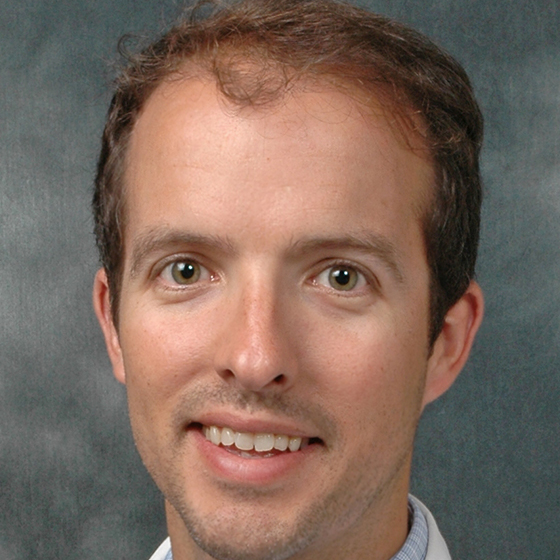 Dr. McFarland attended the University of Tennessee College of Pharmacy where he graduated with a Doctorate in Pharmacy. He then completed an ambulatory care/community pharmacy residency with the University of Tennessee in 2001. Dr. McFarland created the anticoagulation clinic and diabetes care clinic at the Murfreesboro Medical Clinic and practiced at the clinic from 2001-2008. In August 2004 the Anticoagulation and Diabetes Care Clinic was awarded the most innovative pharmacy practice site in the state of Tennessee. Shawn has been with the VA since 2008 where he established a practice at the Tennessee Valley Healthcare System in Primary Care. Dr. McFarland was also the Associate Chief of Pharmacy, Clinical and Educational programs and served in an interim role as the Associate Chief of Staff for Ambulatory Care. Dr. McFarland is now a National Clinical Pharmacy Practice Program Manager, Clinical Practice Integration and Model Advancement with the VA National Clinical Pharmacy Practice office where he is responsible for clinical pharmacy services across the landscape of the VA. Dr. McFarland interests include teaching and translational research with pharmacist involvement in the Patient Centered Medical Home where he has over 40 professional. Dr. McFarland is a fellow of the American College of Clinical Pharmacy and was a past board of regent for ACCP. |
Calvin J. Meaney, Pharm.D., FCCP, BCPS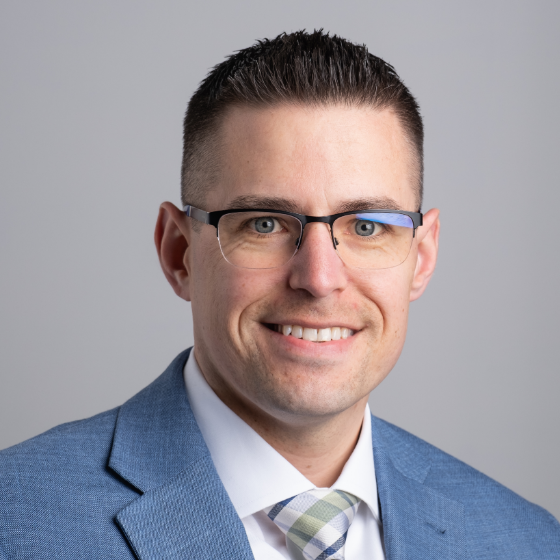 Dr. Meaney is a Clinical Associate Professor at the University at Buffalo School of Pharmacy and Pharmaceutical Sciences with a focus on nephrology. He practices as a clinical pharmacist in internal medicine and nephrology where he precepts pharmacy students and residents. Dr. Meaney‘s research is focused on the optimization of drug therapy through the application of quantitative clinical pharmacology. He leads a multidisciplinary group of researchers to address novel personalization of erythropoiesis-stimulating agents in hemodialysis patients. Other work focuses on drug-induced nephrotoxicity. |
Jean Y. Moon, Pharm.D., FCCP, BCACP Dr. Moon is an associate professor for the University of Minnesota (U of MN) College of Pharmacy and adjunct associate professor the U of MN School of Medicine. She is clinical faculty for the U of MN North Memorial Family Medicine Residency Program where she provides comprehensive medication management services for a medically underserved patient population in North Minneapolis in addition to teaching pharmacy and medical students and residents. Dr. Moon is the Program Director for the U of MN College of Pharmacy PGY-1 Pharmacy Residency Program with 24 residents across the state. She received her Doctor of Pharmacy and completed a PGY1 pharmacy residency in 2005 from the U of MN College of Pharmacy. Moon is also the program director for the University of Minnesota PGY1 pharmacy residency program for 24 residents within ambulatory care settings across the state. She received her Pharm.D. degree and completed a PGY1 pharmacy residency in 2005 from the University of Minnesota College of Pharmacy. |
Sonak Pastakia, Pharm.D., Ph.D., MPH, FCCP
Sonak Pastakia is a Professor with the Purdue University Center for Health Equity and Innovation. Prior to the COVID-19 pandemic, he was based full-time in Eldoret, Kenya, where he worked with the Kenyan Ministry of Health and local academic partners to address the needs of underserved populations residing in western Kenya. Within the Academic Model Providing Access to Healthcare (AMPATH) program, Dr. Pastakia serves key roles, including co‐chair of the pharmacy working group, collaborator with the chronic disease management program (focused on diabetes and hypertension), principal investigator on several NIH funded research efforts, and board member for a street children’s innovation center.
AMPATH treats over 250,000 people living with HIV at more than 500 urban and rural clinic sites across a vast western Kenyan catchment area where over 20 million people Kenyans reside. AMPATH has expanded its mandate beyond HIV to provide comprehensive population health enhancing services that respond to the broad social determinant of health needs of the entire population.
In addition to his work in Kenya, he also works with the largest trade union of women in the world based in India (SEWA-Self-employed women's association), the ministry of health in Guyana, and several health systems and federally qualified health centers in the US which are trying to integrate the Social Determinants of Health into clinical care. |
McKenzie M. Robillard, Pharm.D., BCACP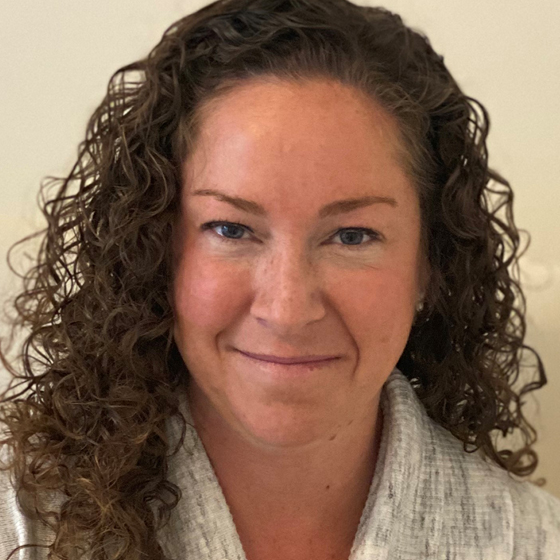 Dr. McKenzie Robillard is a 2005 graduate from Albany College of Pharmacy and Health Sciences in Albany, NY. Dr. Robillard started her career as a pharmacy manager with Walgreens and later transitioned to a clinical pharmacist role with Community Care Physicians, P.C. in Latham, NY. She received her Board Certification in Ambulatory Care Pharmacy in 2017. Recently Dr. Robillard was promoted to Director of Clinical Pharmacy with Community Care Physicians and oversees a team of 4 Clinical Pharmacists and a PGY-2 Pharmacy Resident. Dr. Robillard currently lives in Latham, NY with her two daughters, Laney and Marlee. |
Mary T. Roth McClurg, Pharm.D., MHS, FCCP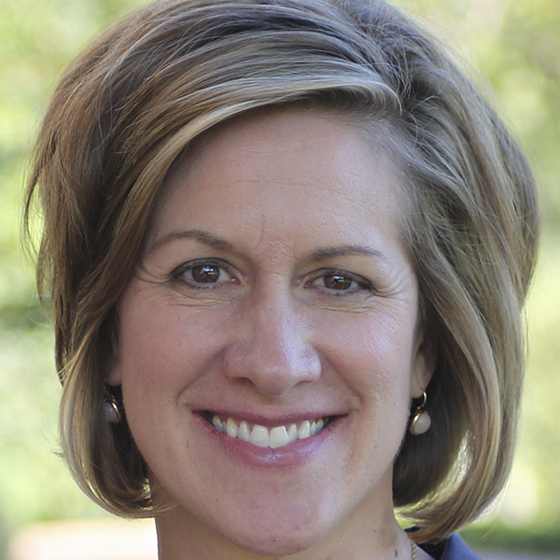 Mary Roth McClurg, Pharm.D., MHS, is Professor and Executive Vice Dean-Chief Academic Officer at the UNC Eshelman School of Pharmacy. Dr. Roth McClurg practiced for 12 years as a clinical pharmacist in primary care practice within the VA Health System and in the interdisciplinary geriatric clinic within the Department of Geriatrics at UNC Healthcare, providing direct patient care as part of an interprofessional care team. Dr. Roth McClurg has focused her research efforts on advancing comprehensive medication management and the role of the clinical pharmacist as an integral member of the primary care team with the goal of optimizing medication use and improving care in patients with multiple chronic diseases. Dr. Roth McClurg is a fellow of the American College of Clinical Pharmacy. |
Andrew N. Schmelz, Pharm.D., BCACP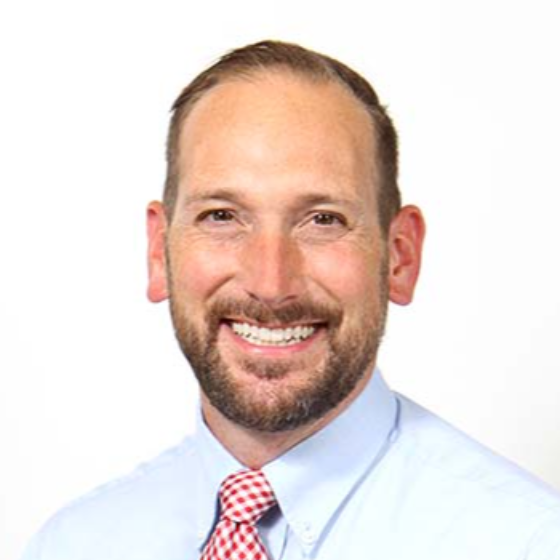
Dr. Andy Schmelz graduated from Purdue University with a Doctor of Pharmacy degree in 2008 and stayed to complete a post-doctoral fellowship in academia and ambulatory care. He practiced as a staff pharmacist with Walgreen Co., and after becoming a board-certified ambulatory care pharmacist, he worked as an ambulatory care pharmacist with Indiana University Health and Community Health Network. He is currently an Assistant Professor of Pharmacy Practice with the Butler University College of Pharmacy and Health Sciences and practices at Eskenazi Health with vulnerable populations on the west side of Indianapolis. In addition to his passion for teaching topics related to diversity, equity, and inclusion, Dr. Schmelz has served in a number of roles related to ambulatory care practice management and new service development, as well as data management and outcomes reporting. In addition to co-authoring multiple research articles in these area, he also teaches in Butler University’s Masters in Data Analytics program.
|
Christine A. Schumacher, Pharm.D., FCCP, BCACP, BCCP, BCPS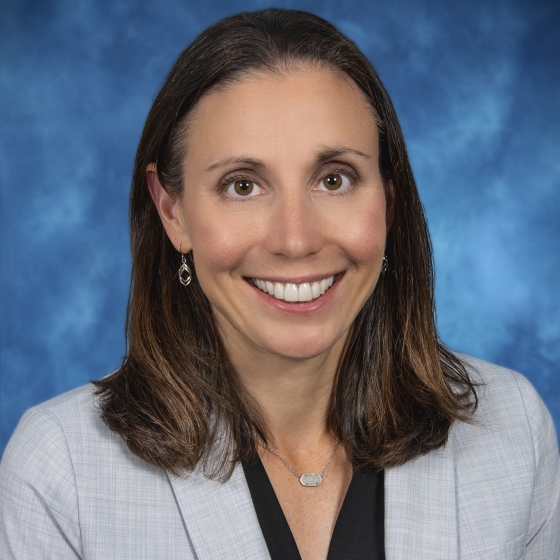
Christie Schumacher is a Professor of Pharmacy Practice and Director of the PGY2 Ambulatory Care Residency Program at Midwestern University College of Pharmacy, Downers Grove Campus and a Clinical Pharmacist at Advocate Medical Group Southeast Center in Chicago, Illinois. She currently works in a primary care clinic to provide comprehensive medication management for a variety of internal medicine disease states, including but not limited to, heart failure, diabetes, hypertension, hyperlipidemia, chronic obstructive pulmonary disease and asthma. After receiving her Bachelor of Science in Biochemistry and Doctor of Pharmacy degrees from the University of Michigan, Dr. Schumacher completed a PGY1 pharmacy practice residency at Midwestern University College of Pharmacy. She currently serves as the Chair on the Board of Pharmacy Specialties® Specialty Council on Ambulatory Care Pharmacy, is a past Chair of the American College of Clinical Pharmacy (ACCP) Endocrine and Metabolism Practice Research Network (PRN) and is the current Chair for the ACCP Ambulatory Care PRN. She is currently conducting research on sodium-glucose co-transporter-2 inhibitors and adverse event identification and mitigation, continuous glucose monitoring in primary care, and on clinical outcomes related to the management of patients with diabetes and heart failure. |
Todd D. Sorensen, Pharm.D., FCCP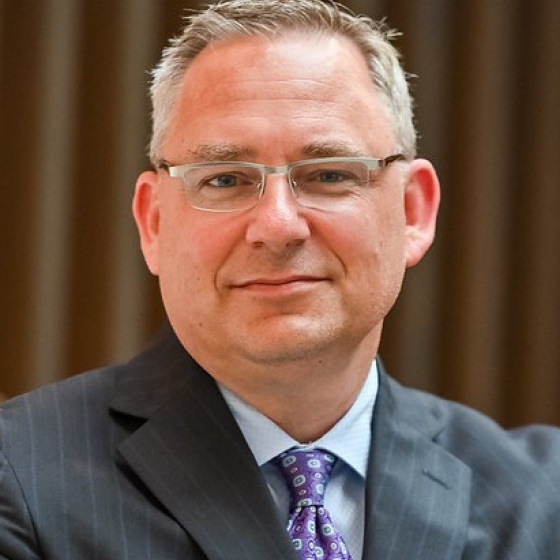 Dr. Sorensen is Professor and Senior Executive Associate Dean at the College of Pharmacy, University of Minnesota, and Executive Director for the Alliance for Integrated Medication Management. His work concentrates on identifying strategies that facilitate clinical practice development and developing change management and leadership skills in student pharmacists, pharmacy residents and practitioners. For over 20 years, his scholarly activities have focused on building collaborations with health care organizations to implement clinical strategies delivered by pharmacists that improve health outcomes. This work is grounded in diffusion of innovation theory, principles of quality improvement, and the discipline of implementation science. |
Leeann K. Webster, MBA, CDE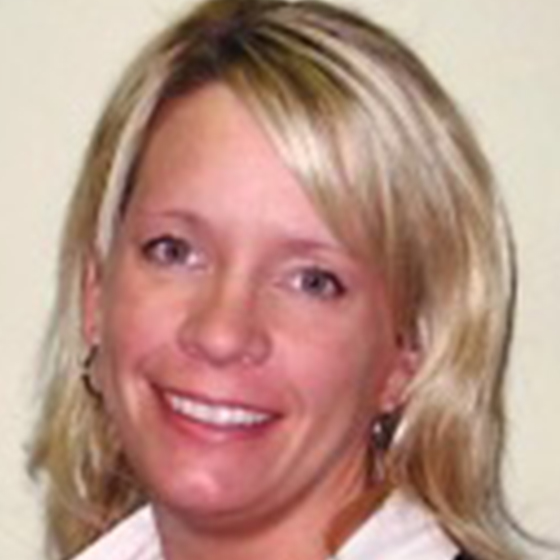 Leeann Webster, RPh, MBA, CDE is the Director of the Ambulatory Clinical Pharmacy Programs for Geisinger. Leeann is a 1997 graduate of the University of Pittsburgh School of Pharmacy, a 2019 graduate of the University of Scranton Kania School of Management and a Certified Diabetes Educator. Leeann is a Clinical Instructor of Pharmacy in the Department of Medical Education at Geisinger Commonwealth School of Medicine and has presented at national and state symposiums.
Leeann’s responsibilities include oversight of Geisinger’s Medication Therapy Disease Management (MTDM) Programs and Geisinger’s Pharmacy Refill Call Center, which manages all refill requests and medication related electronic communication entering the system, approximately 89,000 encounters per month. Geisinger’s MTDM Program includes 82 clinical pharmacists embedded within 70 primary care and specialty clinics pharmacists who manage chronic disease in collaboration with the providers. Geisinger’s clinical pharmacist collaborative practice model provides patients with acute and chronic disease management of multiple chronic disease states including, but not limited to, anticoagulation, diabetes, heart failure, COPD, pain management, neurology/MS, oral chemotherapy, rheumatology, hepatitis C and a home-based medical care program- Geisinger at Home. The Medication Therapy Disease Management program was named the recipient of the ASHP Award of Excellence for 2016 and a finalist in Medication Safety for chronic pain management. Leeann Webster, RPh, MBA, CDE is the Director of the Ambulatory Clinical Pharmacy Programs for Geisinger. Leeann is a 1997 graduate of the University of Pittsburgh School of Pharmacy, a 2019 graduate of the University of Scranton Kania School of Management and a Certified Diabetes Educator. Leeann is a Clinical Instructor of Pharmacy in the Department of Medical Education at Geisinger Commonwealth School of Medicine and has presented at national and state symposiums.
Leeann’s responsibilities include oversight of Geisinger’s Medication Therapy Disease Management (MTDM) Programs and Geisinger’s Pharmacy Refill Call Center, which manages all refill requests and medication related electronic communication entering the system, approximately 89,000 encounters per month. Geisinger’s MTDM Program includes 82 clinical pharmacists embedded within 70 primary care and specialty clinics pharmacists who manage chronic disease in collaboration with the providers. Geisinger’s clinical pharmacist collaborative practice model provides patients with acute and chronic disease management of multiple chronic disease states including, but not limited to, anticoagulation, diabetes, heart failure, COPD, pain management, neurology/MS, oral chemotherapy, rheumatology, hepatitis C and a home-based medical care program- Geisinger at Home. The Medication Therapy Disease Management program was named the recipient of the ASHP Award of Excellence for 2016 and a finalist in Medication Safety for chronic pain management.
|
Bradly Winter, Pharm.D.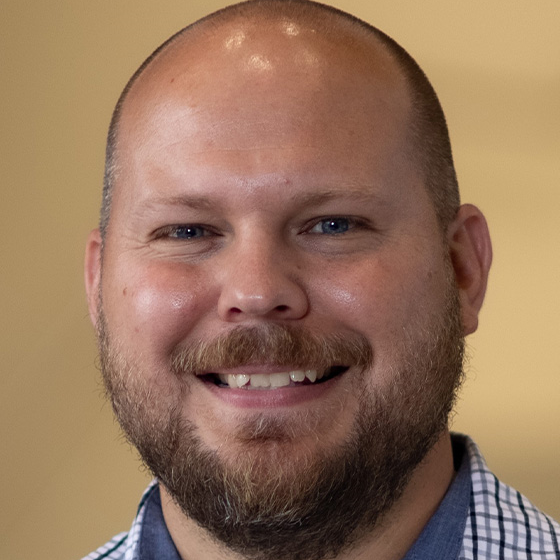 Brad Winter is as a Clinical Pharmacist, board certified in Ambulatory Care. He currently works as the manager of Intermountain Healthcare’s Ambulatory Pharmacy Telehealth Services. He received his Doctor of Pharmacy degree from the University of Utah, then completed a general residency with Samaritan Health Services in Corvallis, OR, then a specialized residency in Ambulatory and Primary Care with Intermountain Healthcare in Salt Lake City, Utah. He stayed with Intermountain Healthcare to start clinical pharmacist services in the Intermountain Layton Clinic where he managed chronic diseases such as diabetes and hypertension and worked with the Layton Chronic Pain Clinic. While at Layton Clinic, Brad has precepted pharmacy students, PGY1, and PGY2 residents and is also adjunct faculty at the University of Utah College of Pharmacy. Outside of work Brad enjoys the outdoors, home projects, and spending time with family. |
Cheryl W. Wisseh, Pharm.D., MPH, BCACP
Dr. Cheryl Wisseh received her Bachelor of Science in Biology and Doctor of Pharmacy degrees from the University of North Carolina at Chapel Hill in 2007 and 2016, respectively. She completed a Post-Graduate Year One Ambulatory Care focused Community Pharmacy Residency at Duquesne University Center for Pharmacy Care and Duquesne University Pharmacy in 2017. She also received her Master of Public Health in Urban Health Disparities from Charles. R. Drew University of Medicine and Science in 2020.
Dr. Wisseh is an Assistant Professor of Clinical Pharmacy in the Department of Clinical Pharmacy Practice at the University of California, Irvine, School of Pharmacy and Pharmaceutical Sciences and an Assistant Professor at Charles R. Drew University of Medicine of Science in the Family Medicine Department of the College of Medicine. She has pharmacy practice experience in both community and ambulatory care pharmacy settings. In her role as a primary care clinical pharmacist at To Help Everyone Health and Wellness Center, her clinical practice areas of medication management expertise include polypharmacy and medication optimization, cardiovascular disease risk management, and targeted medication management of chronic diseases such as diabetes and hypertension. She is a board-certified specialist in Ambulatory Care Pharmacy.
She is passionate about serving undeserved, racially and ethnically minoritized communities regarding cardiometabolic disease management and education, the social determinants of health, health outreach, and community engagement and advocacy. Her research interests include the previously mentioned areas and the pharmacist’s role in reducing racial/ethnic health disparities. |